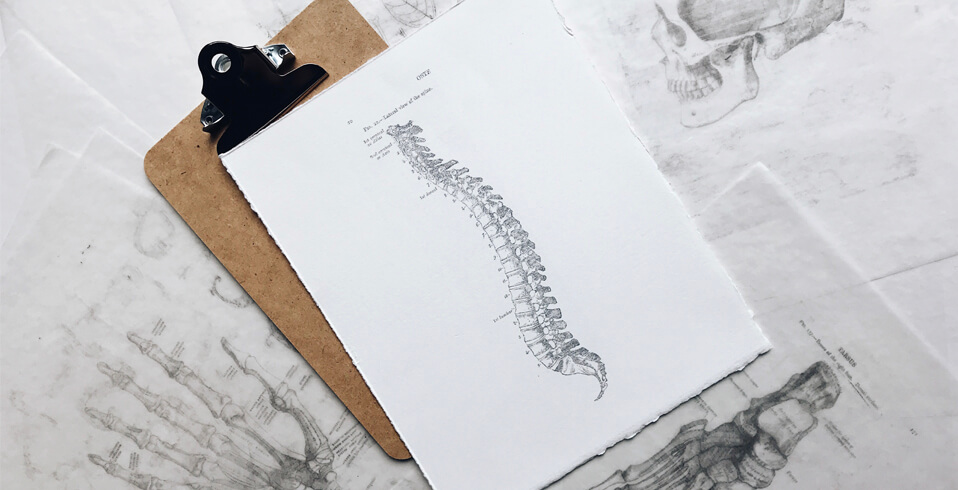15 Things That You Never Expect On Causes & Symptoms Of Kyphosis
Kyphosis, also known as roundback or hunchback, is a type of extreme curvature of the spine in the upper back.
There is a natural slight curve in the upper back, or thoracic region of the spine. In the neck, upper back, and lower back, the spine naturally curves to help absorb shock and support the head's weight. If this natural arch is larger than normal, kyphosis occurs.
You may have a visible hump on your upper back if you have kyphosis. It can be noticeably rounded or protruding from the side of your upper back.
Moreover this appears that people with kyphosis are slouching and have visible shoulders rounding. Kyphosis can cause excessive pressure on the spine, which can cause pain. It can also lead to difficulty breathing due to pressure on the lungs.

Common causes of kyphosis
Kyphosis can affect people of any age. It rarely occurs in newborns since poor posture is usually the cause. Kyphosis from poor posture is called postural kyphosis.
Other potential causes of kyphosis include:
- Aging, especially if you have poor posture
- Muscle weakness in the upper back
- Scheuermann’s disease, which occurs in children and has no known cause
- Arthritis or other bone degeneration diseases
- Osteoporosis, or the loss of bone strength due to age
- Injury to the spine
- Slipped discs
- Scoliosis, or Spinal Curvature
The following conditions less commonly lead to kyphosis:
- Infection in the spine
- Birth defects, such as spina bifida
- Tumors
- Diseases of the connective tissues
- Polio
- Paget disease
- Muscular Dystrophy
According to the degree of flexion, stress in the cervical region increases load on the disc and degenerative processes accelerate. Never slouch, as doing so compress the lungs and other vital organs. All Postural changes will affect breathing, due to the compression of diaphragmatic muscle which will cause shortness of breath. In Major cases, kyphosis causes severe pain and stiffness to an abnormal curved cervical spine. In addition to causing back pain, kyphosis may cause breathing problems, digestive problems and limited physical functions.
Signs and symptoms of kyphosis
For patients with abnormal kyphosis, the most common symptoms are the appearance of poor posture with a back hump or "round back" appearance. Symptoms may include back pain, muscle fatigue, and stiffness in the back. Most often, these symptoms remain constant and do not become progressively worse with time.
In more severe situations, the patient may notice their symptoms worsening with time. The kyphosis can progress, causing a more exaggerated hunchback. In rare cases, this can lead to compression of the spinal cord with neurologic symptoms including weakness, loss of sensation, or loss of bowel and bladder control. Severe cases of thoracic kyphosis can also limit the amount of space in the chest and cause cardiac and pulmonary problems leading to chest pain or shortness of breath with eventual pulmonary and/or heart failure.
